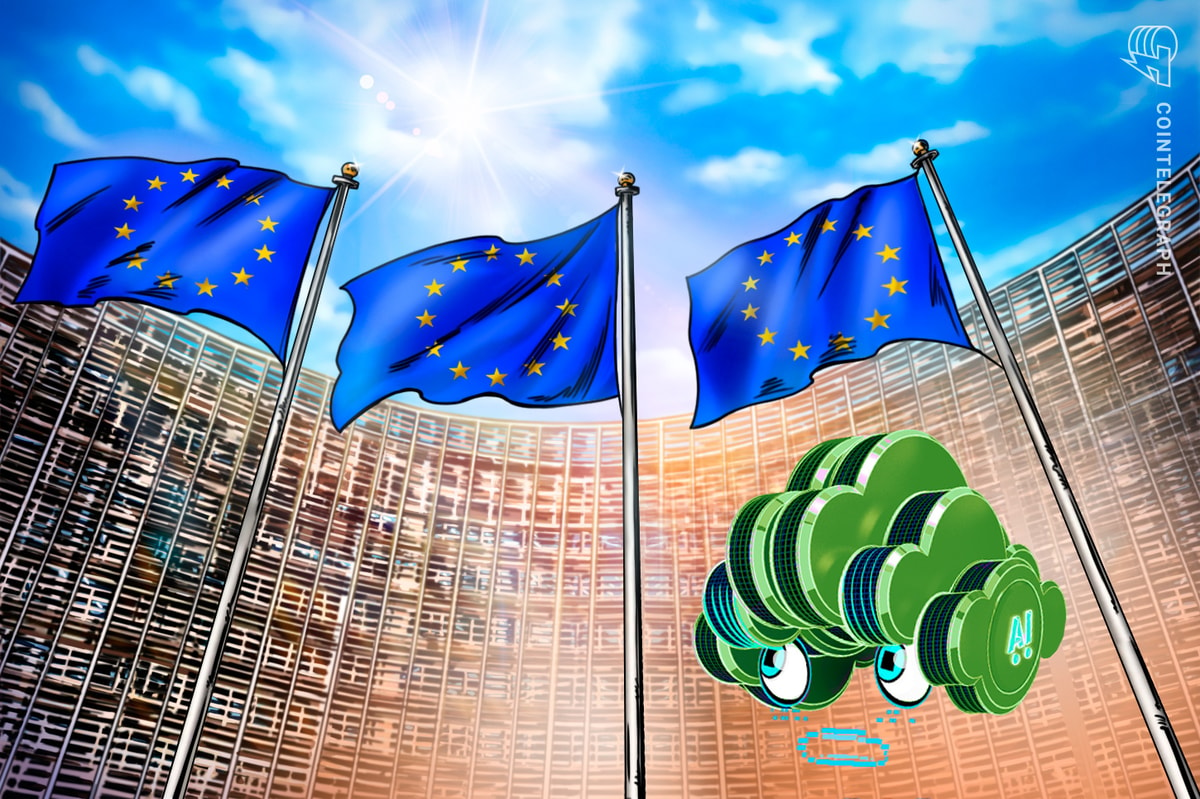The CEOs of Meta and Spotify have voiced their concerns over what they see as overly restrictive artificial intelligence regulations in the European Union.
Meta CEO Mark Zuckerberg and Spotify CEO Daniel Ek published joint statements on Friday, Aug. 24, criticizing the EU’s approach to AI regulation, particularly regarding open-source AI development.
The crux of their argument is that the current regulatory environment in the EU is hindering innovation and progress in AI.
Both CEOs argue that the stringent privacy regulations surrounding AI, especially those concerning the use of public data, are slowing down the ability of European companies to compete globally.
Spotify’s concerns for the creative ecosystem
Ek highlighted how AI has been integral to Spotify’s success, allowing the platform to offer a highly personalized experience to its users.
However, he fears that the current regulatory landscape in the EU could slow down the development of open-source AI, which he said is crucial for the future growth of the streaming industry and the broader creative ecosystem.
Meta’s AI models stalled by regulation
Meta, the parent company of Facebook and Instagram, has been particularly vocal about the challenges it faces under EU regulations. Zuckerberg pointed out that Meta has been unable to train its AI models on public data from Facebook and Instagram users because of the lack of clear legislation governing how this data should be handled.
Related: Meta faces backlash in EU for AI data usage without user consent
According to Meta, European AI development is at a disadvantage compared to other regions where data is readily accessible for AI training. Meta’s blog post stated:
“In the short term, delaying the use of data that is routinely used in other regions means the most powerful AI models won’t reflect the collective knowledge, culture, and languages of Europe—and Europeans won’t get to use the latest AI products.”
The company has also confirmed that due to regulatory uncertainties, it will withhold the release of its upcoming AI models, including the anticipated Llama multimodel, which can understand and interpret images.
On June 5, Meta was confronted with 11 objections by the group None of Your Business. The group alleged that Meta’s intended changes to AI data utilization may infringe on EU data protection rules by lacking user consent. It sought immediate action to stop Meta’s changes.
Google faced legal action in July 2023, with plaintiffs claiming that the company’s updated privacy policy allowed for the exploitation of extensive data, including copyrighted materials, in its AI development.
Magazine: Make meth, napalm with ChatGPT, AI bubble, 50M deepfake calls: AI Eye











